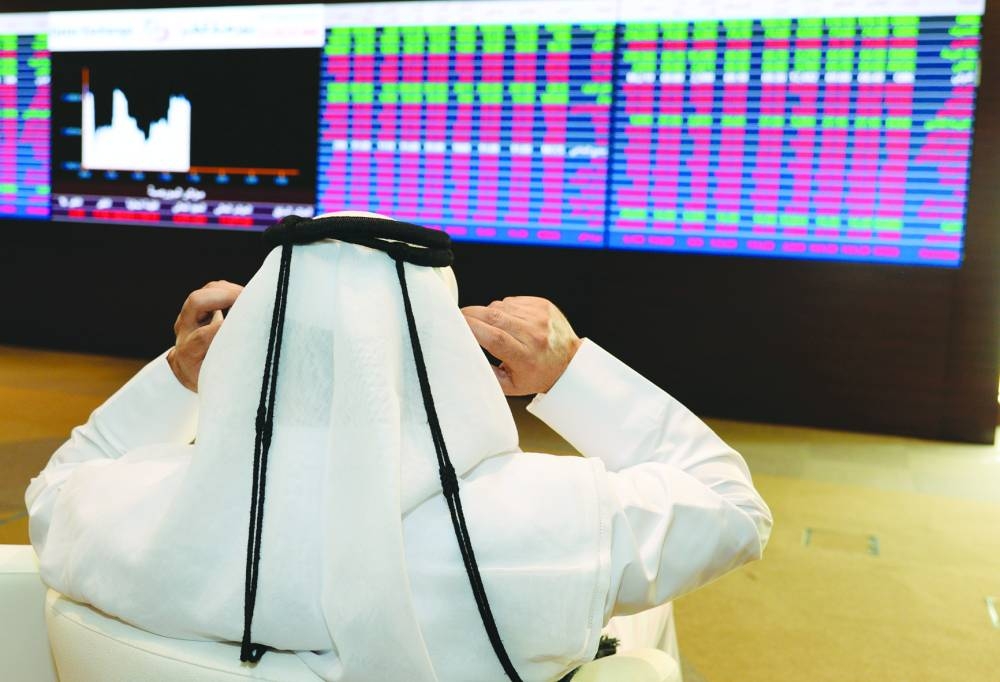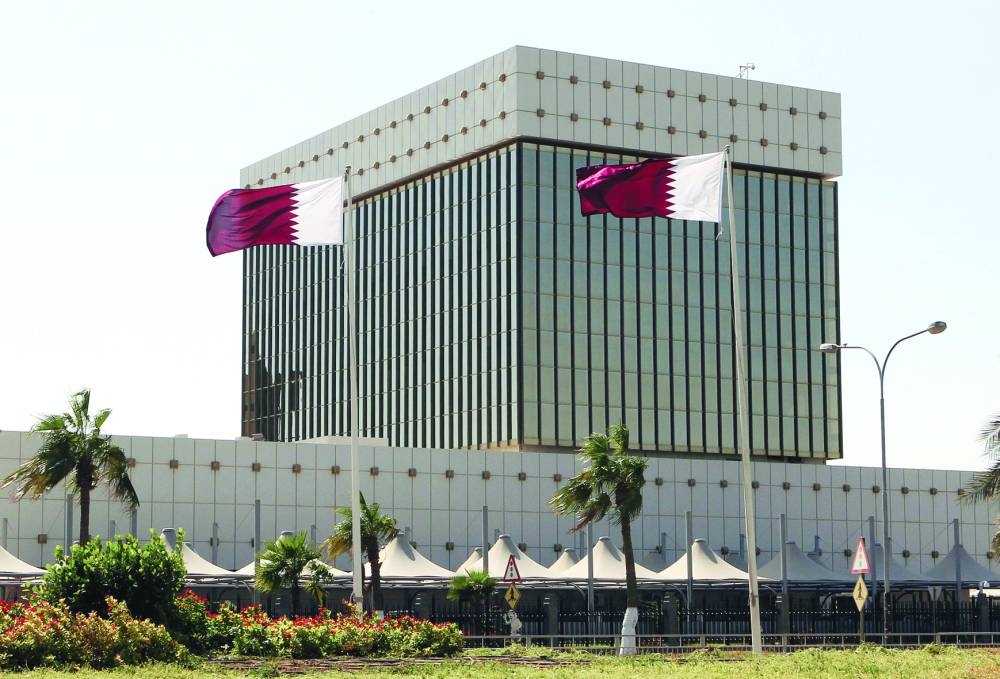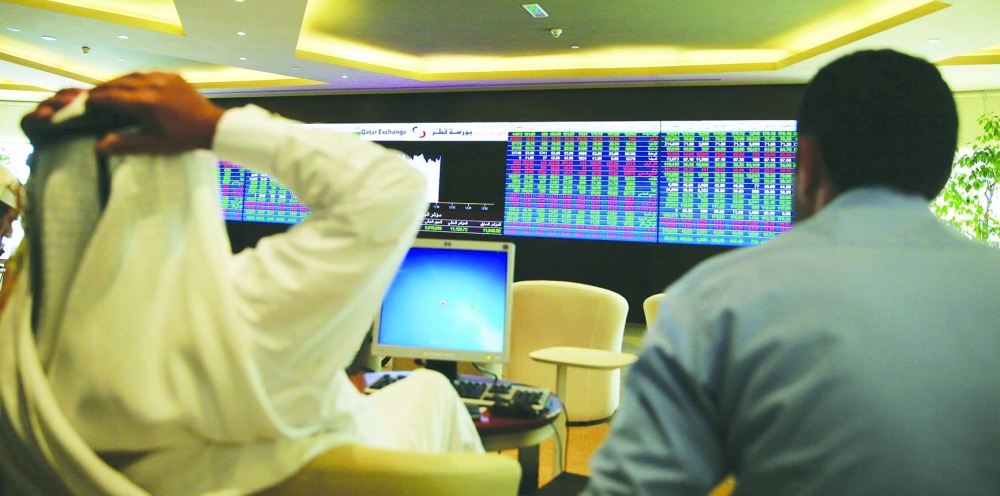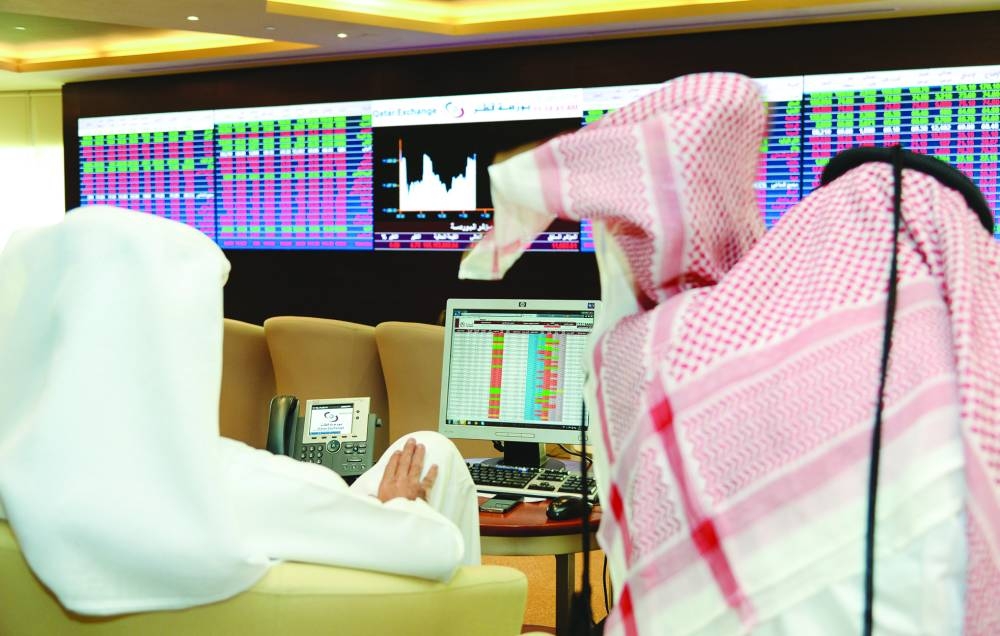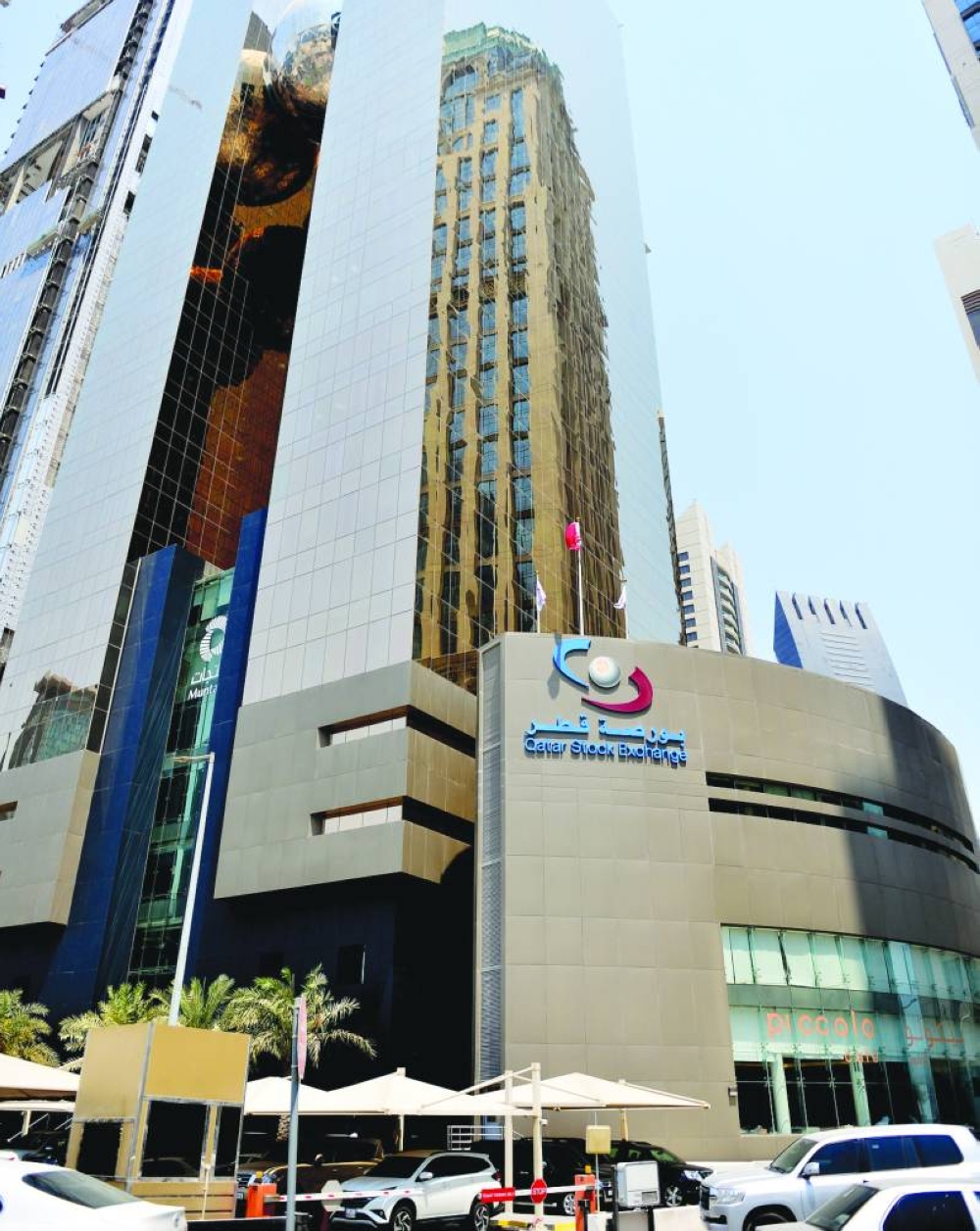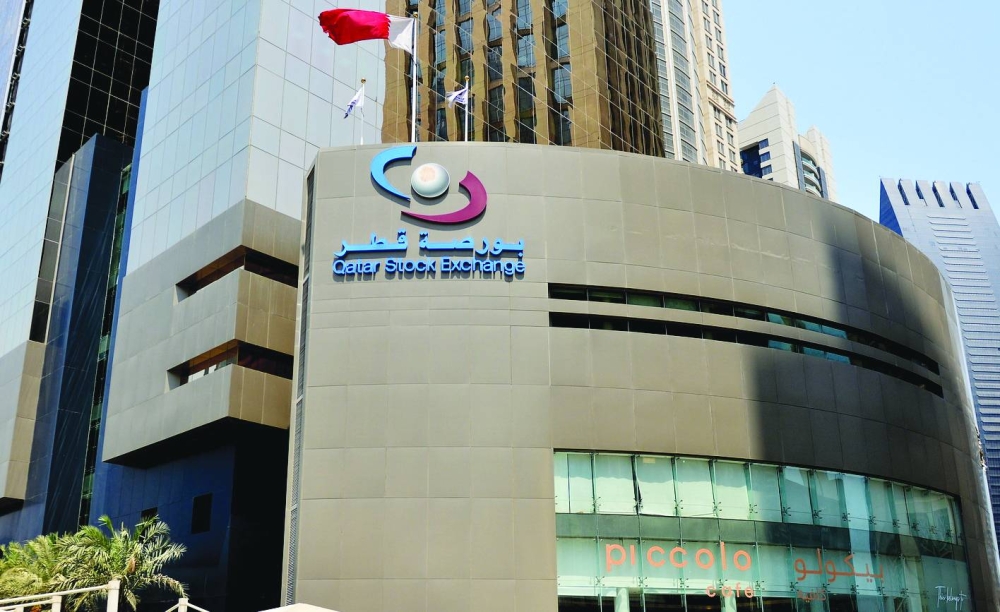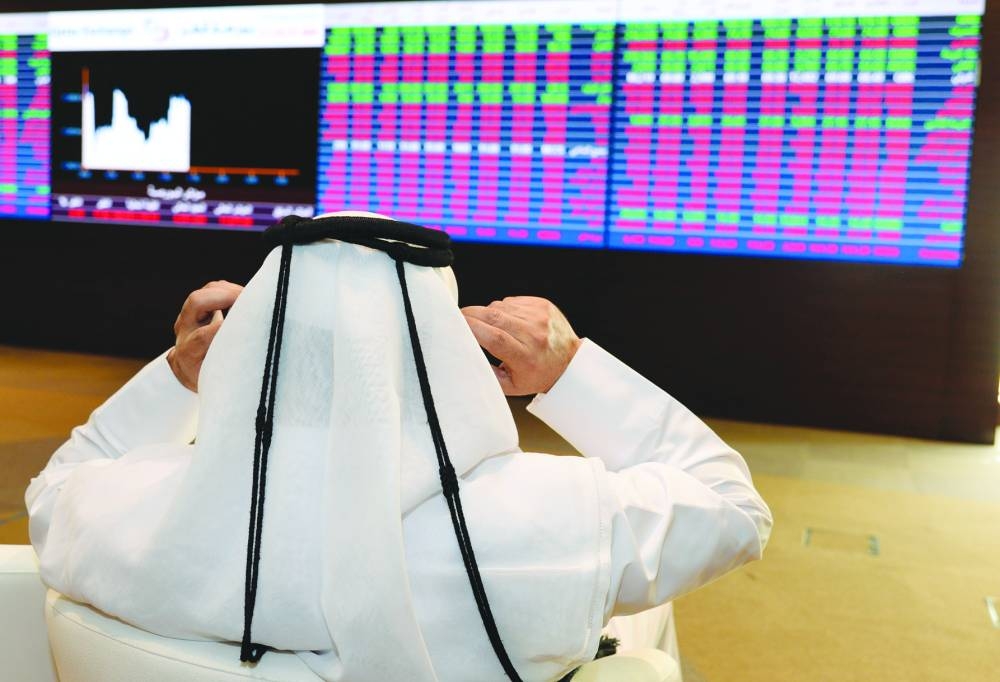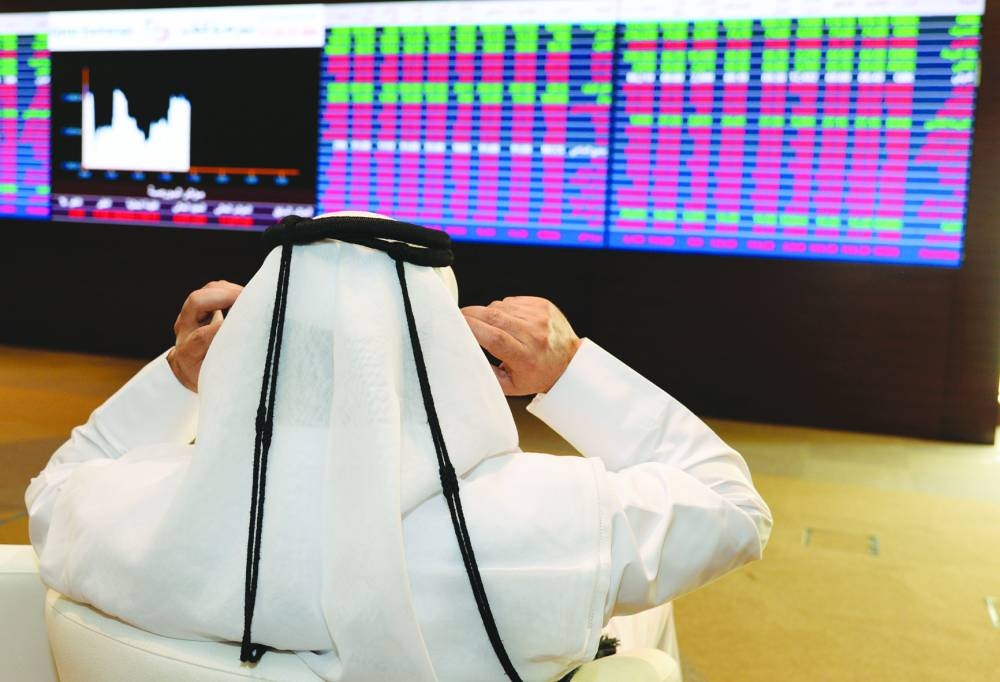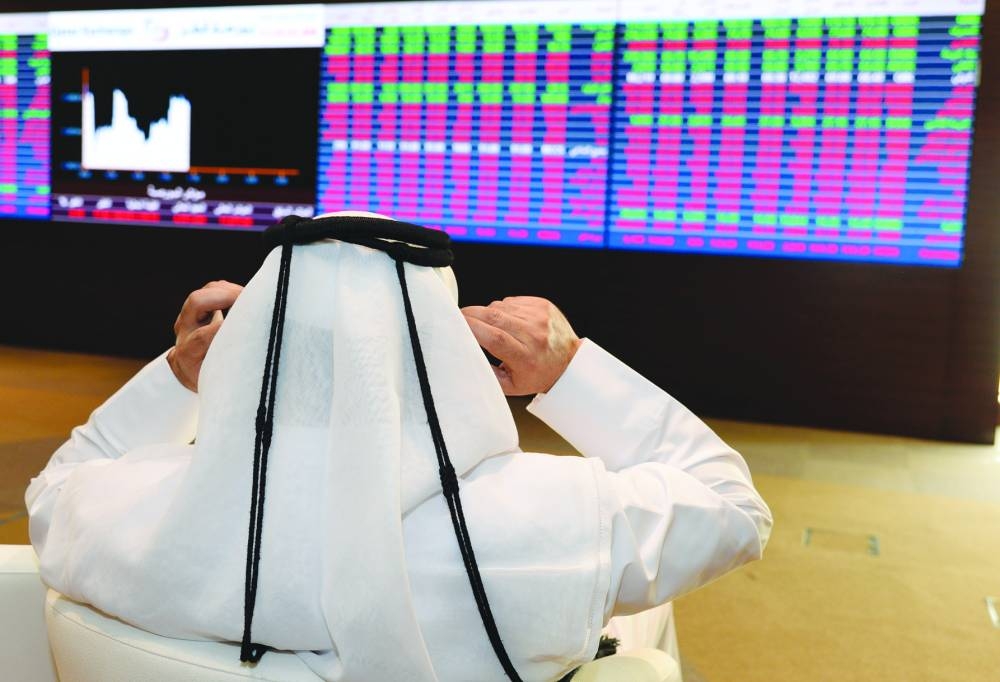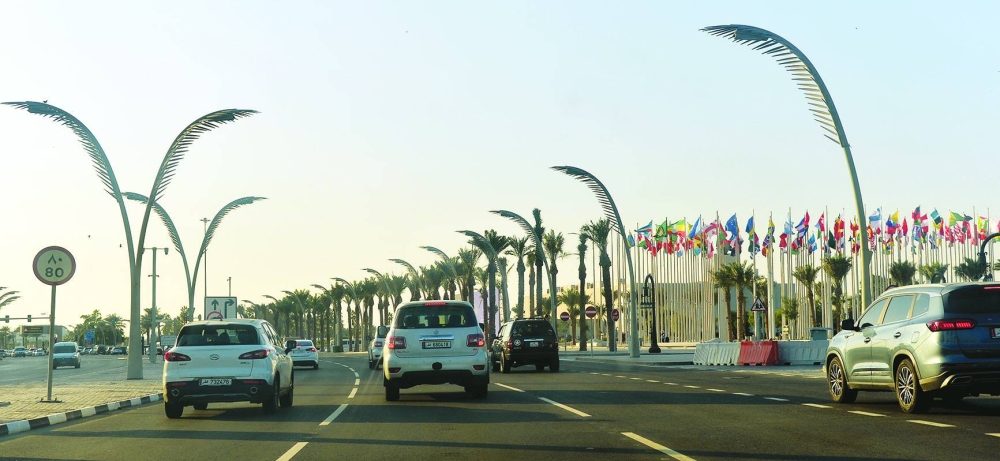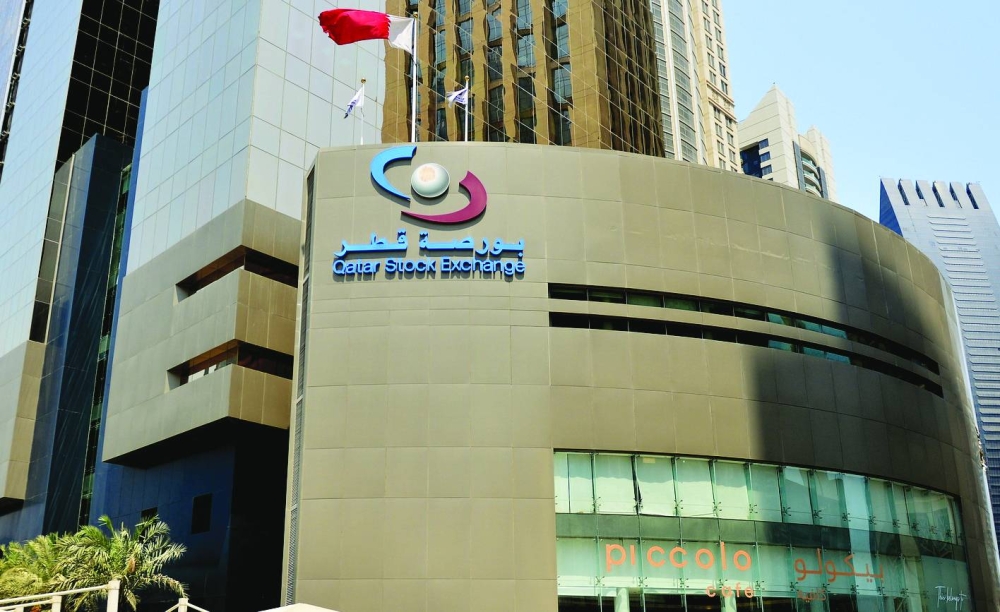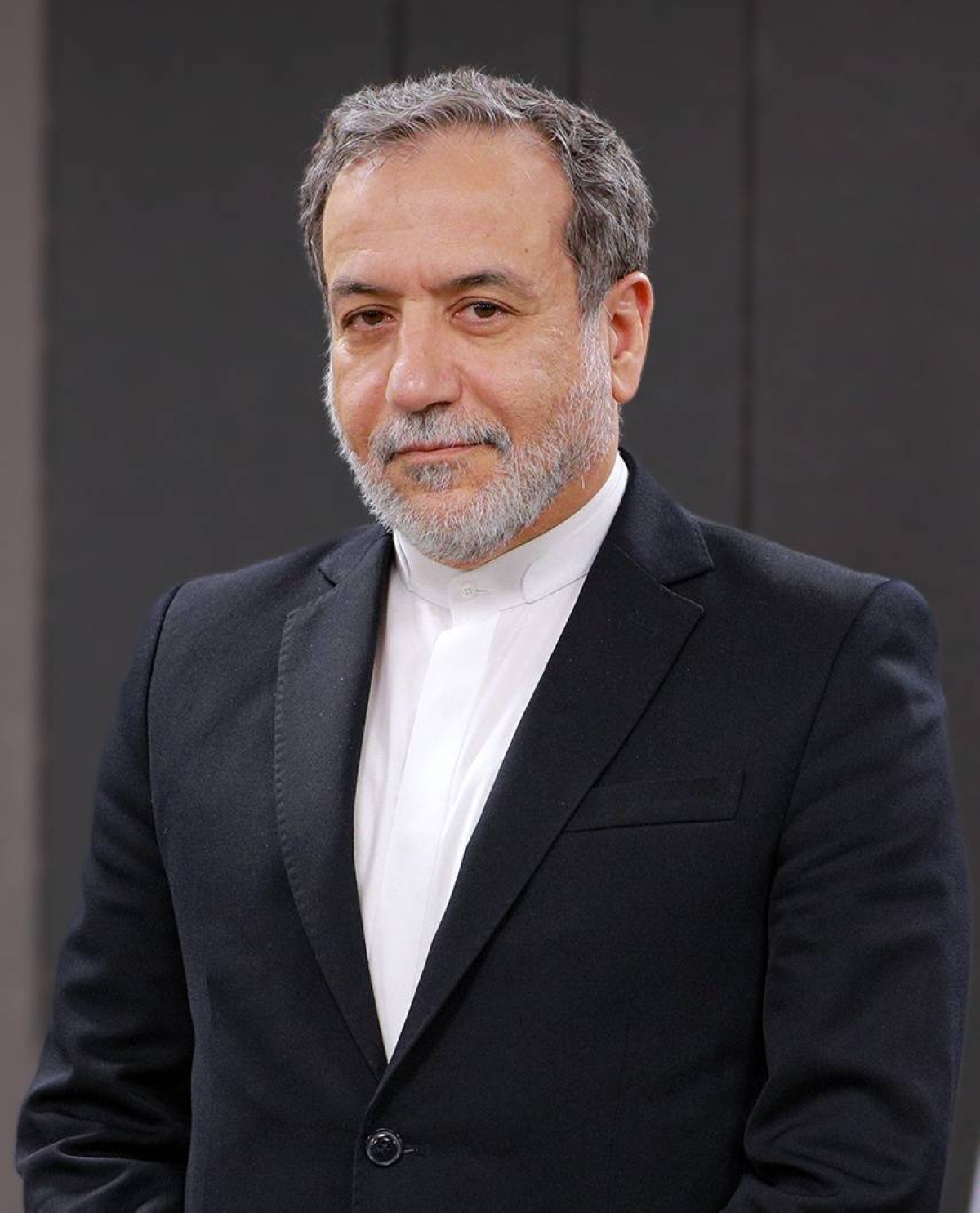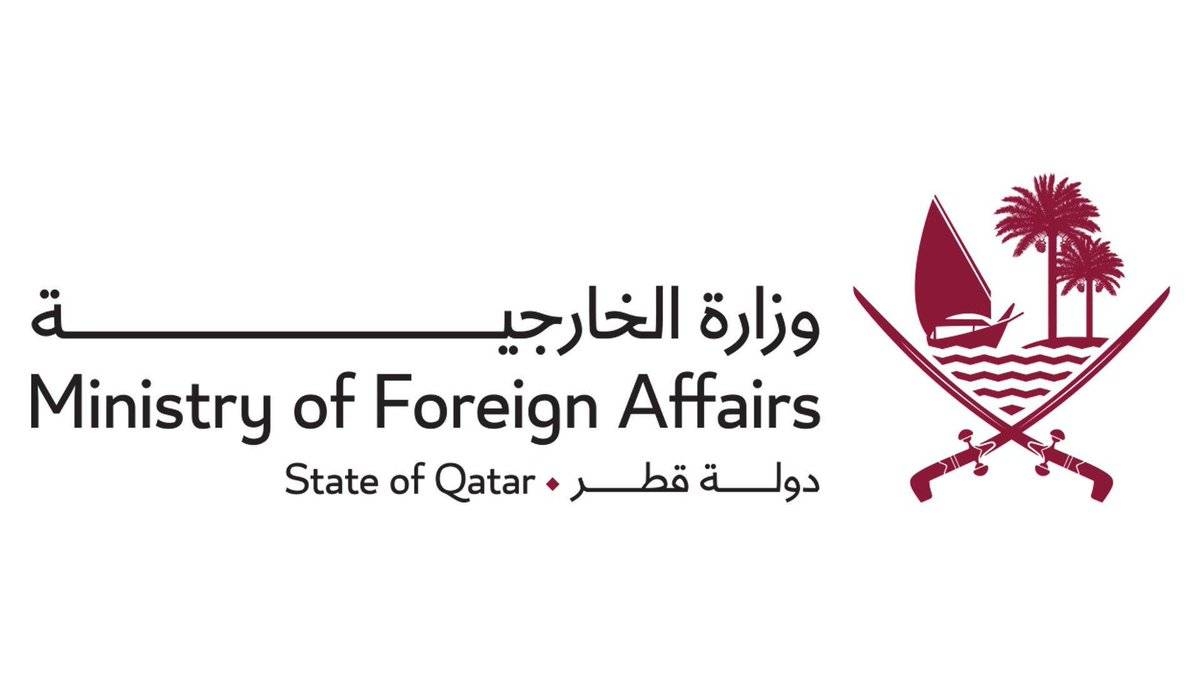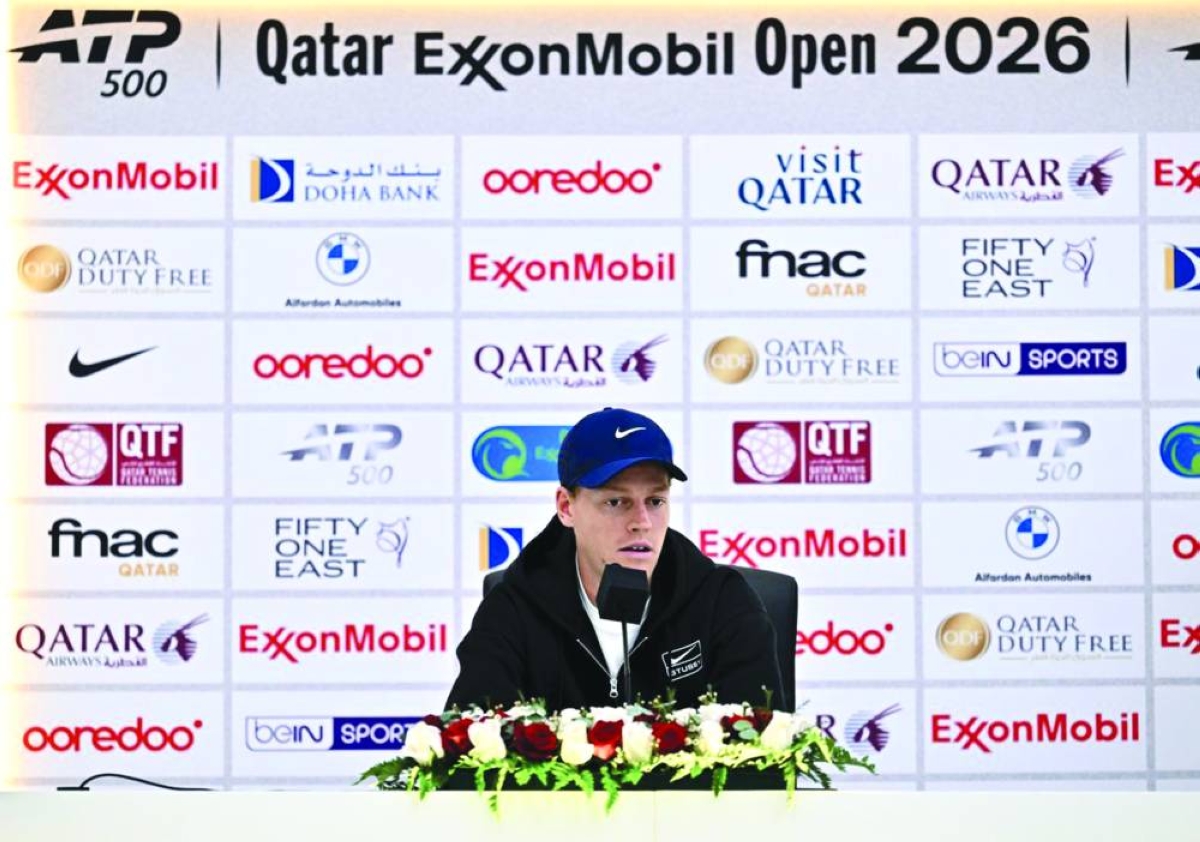The Qatar Stock Exchange (QSE)'s listed companies in the main market have earned total net profit of QR26.68bn in the first half (H1) of 2025 as the real estate and transport sectors witnessed stronger earnings growth.The pace of net profitability, however, slowed down as it grew by 2.31% year-on-year in H1-2025 compared to 5.51% the previous year period, reflecting slippage in net earnings expansion in the banking, insurance and consumer goods as well as overall decline in the industrials sector.The banking and industrials sectors together constituted more than 74% of the total net profits of main market listed companies in the review period.The main market listed entities' total net profits translate into more than 3% of the country's gross domestic product or GDP for the whole of 2024 (as per the National Planning Council data).The banks and financial services sector - which has as many as 13 listed constituents -reported 1.48% increase in net profit to QR15.13bn against 7.61% in the comparable period in 2024. The sector contributed 56.71% in H1-2025 compared to 57.17% in H1-2024."There has been measured balance sheet growth, given a cautious and more selective approach to lending, with net profit for the sector rising by 1.3% from the prior period; reflecting tight margins and cost control coupled with efficiencies and proactive balance sheet management," said Omar Mahmood, Head of Financial Services, KPMG in the Middle East, South Asia, Caucasus and Central Asia; and Partner, KPMG in Qatar, in reference to commercial banks' H1-2025 performance.The consumer goods and services sector, which has as many as 14 listed constituents, registered 17.05% year-on-year in net earnings to QR1.11bn in January-June 2025 compared to 22.78% the same period of 2024. The sector contributed 4.16% to total net profits of the listed companies in the main market against 3.6% the review period of 2024.The insurance sector, which as many as seven listed firms, saw its net earnings grow 5.76% to QR763.38mn in the first six months of 2025 compared to 14.66% the comparable period of 2024. The sector constituted 2.85% of total profits of the listed companies against 2.76% in January-June 2024.The telecom sector, which has two entities, recorded net profit of QR2.28bn in H1, registering 5.18% growth on an annualised basis compared to 5.35% the previous-year period. The sector contributed 8.55% of the total net earnings in January-June 2025 against 2.76% in the same period of 2024.The industrials sector, which has as many as 10 listed companies, registered 6.64% year-on-year growth to QR4.64bn in January-June 2025 compared to a 0.14% rise in the year-ago period. The sector constituted 17.39% of the total net profit of the listed companies against 19.06% the comparable period of 2024.However, the real estate sector - which has as many as four entities - witnessed a 45.21% year-on-year surge in net profit to QR1.17bn in the first half of 2025 compared with 12.32% shrinkage the year-ago period. The sector contributed 4.39% of total net earnings of the listed firms in January-June 2025 against 3.07% in the comparable period of 2024.The transport sector with three constituents saw net profit of QR1.59bn in H1-2025, registering 2.11% growth on an annualised basis compared to 1.36% in H1-2024. The sector contributed 5.96% to overall net profit of the listed companies in January-June 2025 against 5.98% the year-ago period.

Santhosh V. Perumal
Santhosh V. Perumal, a postgraduate in Econometrics with an advance qualification in Capital Markets and Financial Services, is Gulf Times' journalist. His coverage areas are debt and equity, hydrocarbons, international trade, environment, banks, insurance and real estate. Previously, he was in New Delhi, India as Senior Finance Correspondent of PTI.
Most Read Stories
3


